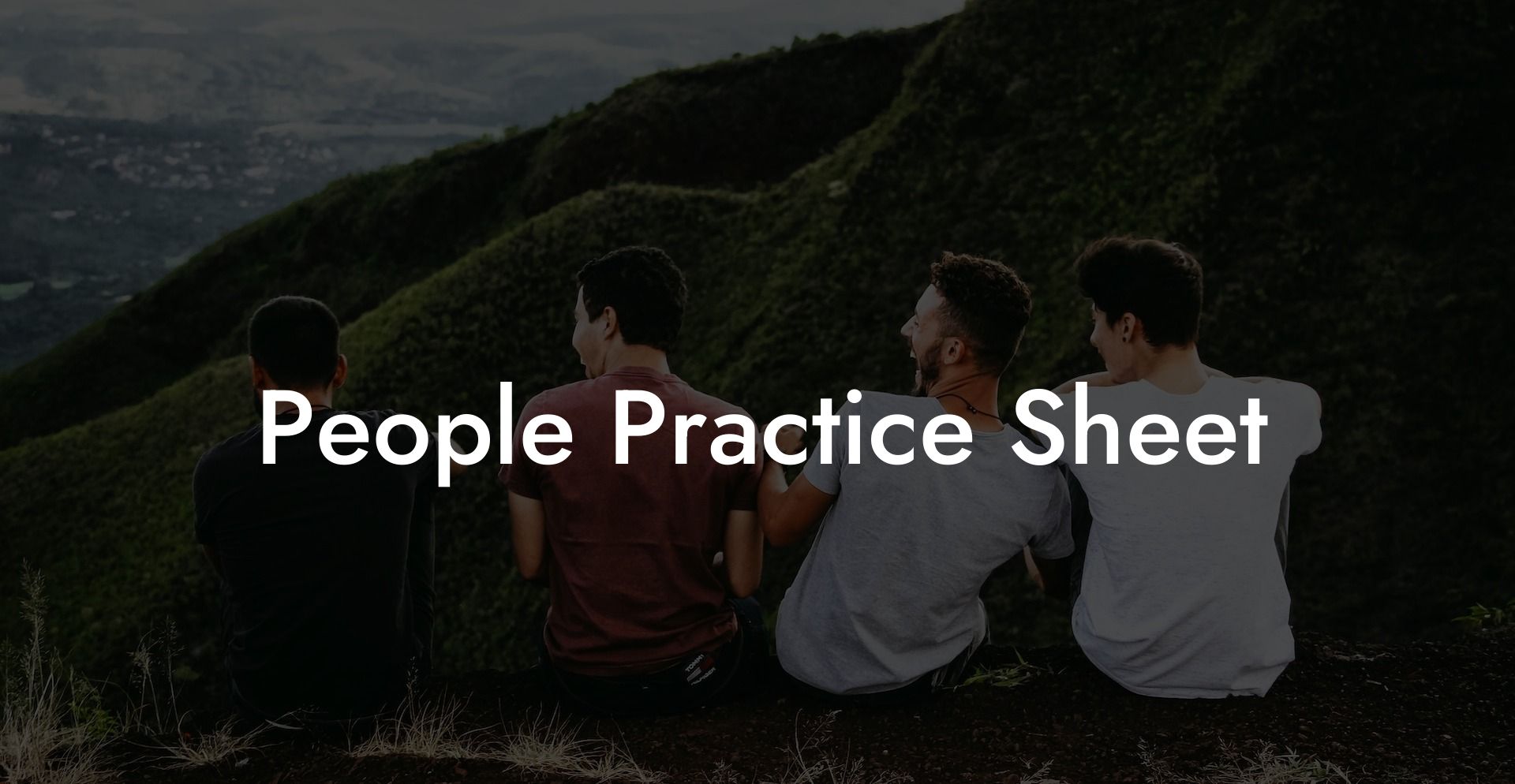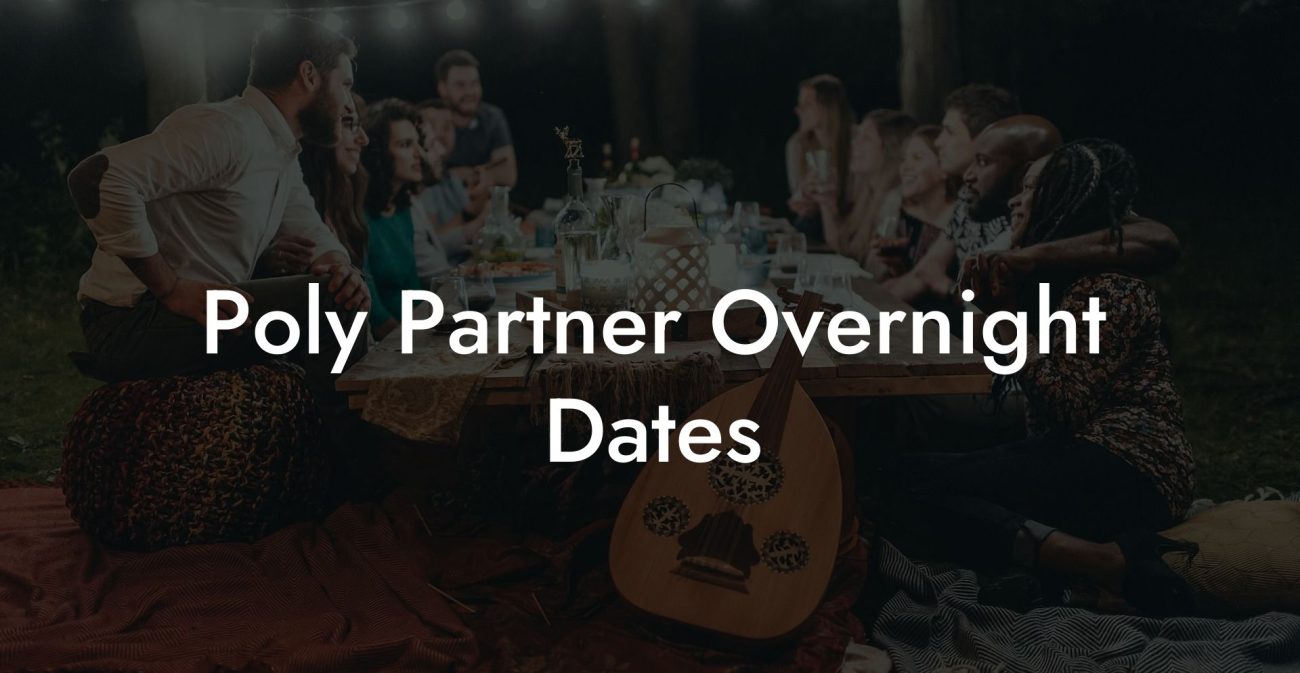Did you know that understanding various relationship styles can help you strengthen your bond with your partner and improve your overall relationship satisfaction? One of these is the People Practice Sheet. In this guide, we will explore what the People Practice Sheet is, how understanding it can benefit your relationships, and provide a realistic example to help you grasp the concept and its application in real life scenarios. Get ready to discover a new perspective on relationships and open up to the world of possibilities!
People Practice Sheet Table of Contents
What is the People Practice Sheet?
The People Practice Sheet is a term coined by relationship coach and polyamory expert, Franklin Veaux. It is a concept that helps individuals explore and understand their relationships, both romantic and platonic, by categorizing them into different types with specific characteristics. It is essential to note that these categories are not rigid, and relationships can shift and evolve over time.
Understanding the People Practice Sheet allows you to gain insight into your relationship needs and communicate them clearly to your partners, leading to healthier and stronger connections.
The Five Categories of the People Practice Sheet:
- Primary Relationships: These are relationships that hold significant importance in our lives, often providing a sense of stability, security, and intimacy. Primary relationships can include spouses, long-term partners, or close family members and friends.
- Secondary Relationships: These relationships may involve regular interaction and some emotional connection, but may not have the same level of commitment as primary relationships. Secondary relationships can include casual partners, friends you see occasionally, or work colleagues.
- Tertiary Relationships: These are relationships with individuals you may interact with occasionally but have little emotional investment. Tertiary relationships can include acquaintances, neighbors, or distant friends.
- Quaternary Relationships: These relationships may be fleeting or one-time connections that have minimal impact on your life, such as a brief interaction with a stranger or a one-night stand.
- Meta-relationships: These are not direct relationships but rather the relationships between your partners. Understanding meta-relationships can help navigate complex relationship dynamics, such as in polyamorous relationships, where multiple partners may be involved.
Benefits of Understanding the People Practice Sheet
Clarity and Self-Awareness
Recognizing and understanding the different types of relationships in your life can help you gain self-awareness and identify your needs, priorities, and boundaries. This can lead to healthier relationships and more effective communication with your partners.
Managing Expectations
When you have a clear understanding of where each relationship falls within the People Practice Sheet, it becomes easier to manage expectations and avoid misunderstandings with your partners. Sharing your thoughts and understanding of your relationships with your partners can help create a more open and honest dynamic, leading to a greater sense of trust and mutual respect.
Reducing Assumptions and Misconceptions
By understanding and categorizing your relationships, you can eliminate common misconceptions and assumptions that often emerge in relationships, leading to potential hurt feelings and confusion. Gaining insight into the People Practice Sheet can help clarify intentions, create more transparency, and ultimately foster healthier and more sustainable connections.
People Practice Sheet Example:
Suppose Ashley is in a long-term relationship with Chris, a close friendship with Diana, and a casual dating relationship with Elliott. Using the People Practice Sheet, Ashley can categorize these relationships as:
- Primary Relationship: Chris
- Secondary Relationship: Diana
- Tertiary Relationship: Elliott
As Ashley becomes more comfortable with this self-awareness and understanding, they can better communicate with their partners about their expectations, needs, and boundaries. This can help strengthen their relationship with Chris, develop a closer connection with Diana, and maintain a healthy and fun dynamic with Elliott.
Embracing the People Practice Sheet opens up a broader understanding of the complexities and intricacies of relationships in your life. By categorizing and examining your personal connections, you can foster better communication, manage expectations, and create healthier, stronger bonds with those around you. Don't hesitate to share this empowering knowledge with your friends and loved ones and feel free to explore the myriad of relationship guides available on The Monogamy Experiment. Together, let's continue growing and evolving in our understanding and practice of love and connection!













